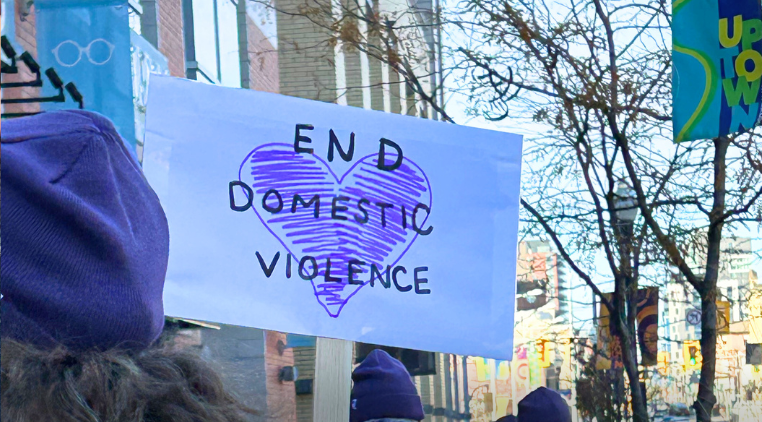Canada’s caregivers at breaking point, report points to crisis
Posted Nov 7, 2022 04:30:00 PM.
Provincial and territorial health ministers are gathering in Vancouver for a two-day meeting with their federal counterpart to deal with what some call a “crumbling” system, but it’s not just paid frontline healthcare workers who are feeling the strain.
A new report says Canada’s caregivers are in crisis and at the breaking point.
“Caregivers are suffering financially, their mental health is suffering,” said Liv Mendelsohn, executive director of the Canadian Centre for Caregiving Excellence. “Really, they are the unseen backbone of the healthcare system. For every hour that someone receives in the formal healthcare system, they are getting three hours of unpaid care at home. For most caregivers, it’s 20 hours a week.”
The centre has released a white paper, demanding immediate changes to government supports and policies to “close the gaps” that put the mental, physical, and economic well-being of unpaid caregivers, paid care providers and those in need of care at risk.
“It’s a lot of care we are providing. It’s done out of love and because of relationships, but the work is unseen and unrecognized and the healthcare system is really saving billions by downloading this care. We really need to recognize the situation for caregivers and the role they play,” Mendelsohn told CityNews.
To illustrate just how much the healthcare and social support system relies on unpaid caregivers, she asserts that if they all took a week off, every Canadian would experience the collapse of our care systems before noon on the first day.
“Caregivers are doing the work of feeding people, bathing people, managing medications, getting people to and from appointments and, in some cases, doing even more significant, nursing level care at home. And there’s really no support. About 50 per cent of caregivers have to take time off work and really lose out economically at a time when they are also paying out of pocket for all the expenses associated with caregiving.”
The report finds more than 7.8 million Canadians over the age of 15 provide approximately 20 hours a week of unpaid care.
“One in four Canadians is a caregiver; one in two will become one. Caregivers spend 5.7 billion hours caring for people in their lives (4.2 per cent of GDP) valued at $97.1-billion annually, and $1.3-billion is lost in productivity per year. This is equivalent to over half a million employees dropping out of the labour force,” a release from the CCCE said.
“There is a 25 per cent shortage of paid care workers, with good reason. The work is hard, wages are low and job security is minimal. Only 50 per cent of care providers remain in the sector for more than five years, often citing burnout due to staffing challenges as key reason to leave,” the release continued.
The white paper says the cost of allowing Canada’s caregiving systems to fail is the well-being, and even the lives of care recipients, care providers and caregivers, pointing to research it says has shown worsened symptoms and poorer outcomes in care recipients when their caregiver is in distress.
The centre says several problems require fixing, arguing that current supports for caregivers do not meet their needs, services for caregivers and care recipients are insufficient and fragmented, leaves of absence and protections for employed caregivers are inadequate, and financial supports are insufficient and ineffectively designed.
Mendelsohn says they have already been meeting and working with health ministers at both the federal and provincial and territorial levels.
“There’s a lot of interest in finding a solution together and we are going to be spending the next several months working with healthcare leaders, social service agencies, caregivers and governments to put together a comprehensive strategy. There are a lot of solutions in the white paper and we want to get to a point where everyone is signed on and we know the roadmap for the future,” she said.
Mendelsohn adds they would love for more Canadians to become involved in the effort.
“If you are a caregiver, if you love a caregiver, if you’re interested in the issue … we are building a movement. Across the country, we have thousands and thousands of caregivers already involved and we’d love to have even more get involved. Connect with your legislators and let’s get this done together.”
The Giving Care: An Approach to a Better Caregiving Landscape in Canada white paper insists policy action is the only viable solution to close the gaps leaving caregivers, care providers and care recipients in dire circumstances.
“The crisis is here,” says Mendelsohn. “Support is needed now.”








